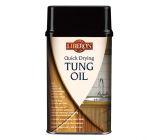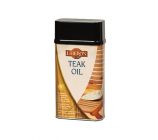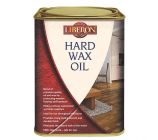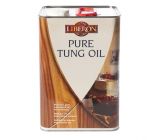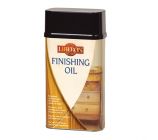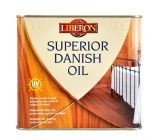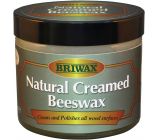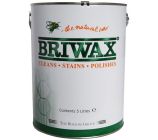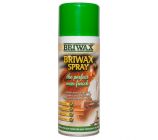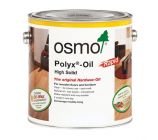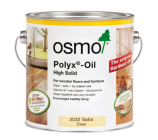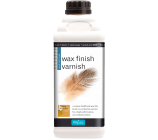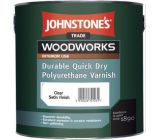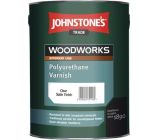
Furniture Finish
-

Rust-Oleum Metallic Finish Furniture Paint
From:£6.49(inc VAT)multiple sizes -

Liberon Quick Drying Tung Oil
From:£11.49(inc VAT)multiple sizes -

Liberon Teak Oil with UV
From:£8.95(inc VAT)multiple sizes -

Liberon Hard Wax Oil
From:£34.49(inc VAT)multiple sizes -

Liberon Pure Tung Oil
From:£8.95(inc VAT)multiple sizes -

Liberon Finishing Oil
From:£6.49(inc VAT)multiple sizes -

Liberon Superior Danish Oil with UV Filter
From:£6.95(inc VAT)multiple sizes -

Rust-Oleum Furniture Paint Gloss
From:£6.49(inc VAT)multiple sizes -

Rust-Oleum Chalky Finish Furniture Paint Matt
From:£6.49(inc VAT)multiple sizes -

Rust-Oleum Furniture Finishing Wax
From:£13.49(inc VAT)multiple sizes -

Briwax Creamed Beeswax
From:£17.95(inc VAT) -

Briwax Original - Wax Polish
From:£15.95(inc VAT)multiple sizes -

Briwax Wax Spray aerosol (Clear)
From:£10.49(inc VAT) -

Osmo Polyx Oil Rapid
From:£35.08(inc VAT)multiple sizes -

Osmo Polyx Oil
From:£31.93(inc VAT)multiple sizes -

Sikkens Cetol TSI Satin Plus
From:£28.79(inc VAT)1 colour -

Polyvine Wax Finish Varnish
From:£24.95(inc VAT)multiple sizes -

Johnstone's Quick Dry Polyurethane Varnish
From:£10.95(inc VAT)multiple sizes -

Johnstone's Polyurethane Varnish
From:£10.95(inc VAT)multiple sizes
What kind of paint should you use on wood furniture?
When painting furniture you can use we recommend a water-based product. Both gloss and matt paints can be used on wooden furniture, but a gloss finish will stand the test of time better as it is easy to clean.
How to paint wooden furniture
Before you begin your paint job, wipe clean all the surfaces of the furniture that you intend to paint. This helps to remove any dirt particles which could tarnish the overall finished look of your painting.
If your furniture has been painted previously, it’s a good idea to sand down the surface to remove any pre-existing glossy finishes completely. This will make it easier for the new paint to bind to the wood. However, unless you are applying a wood stain, there is no need to sand all the way down to the bare wood. The main thing is to remove all traces of gloss.
Next, you should apply a wood primer to prepare the wood for painting. This will make your paintwork last longer and provide a better surface for the paint to attach to. Be sure to let the primer dry completely before applying your first coat of paint.
Begin applying your first coat of paint evenly using either a paint brush or a paint roller. Rollers are sometimes preferred as they help to avoid visible brush strokes, but it’s your own personal preference. If you do use a roller, be aware that you will likely need a small brush to reach into small crevices.
Stick to a thin coat at first and build up the layers over time, rather than applying one thick coat all in one go. This will take much longer to dry and result in a lower quality finish. For a fuller colour finish you should apply 2-3 coats of paint, leaving to dry thoroughly between each application.
How to paint wood furniture without sanding
It is sometimes possible to paint furniture without sanding beforehand, even if the surface has been painted before. We recommend using a specialist paint for this, such as Rust-Oleum Furniture Paint Gloss which is specially designed for use in covering over old paint and varnish.
How to seal painted furniture
Once you have painted your surface and left it to dry completely (for at least 24 hours), it’s a good idea to seal the wood using a specialist wood sealer. This provides an extra protective layer for the finish and the seal turns the wood into a smooth surface which is easy to wipe clean.
How to remove paint from wood furniture
The two main ways to remove layers of paint from wood furniture are sanding or using a chemical paint stripper. Sanding is a straightforward job but does require a good amount of elbow grease, so if you are removing paint from a larger area it is recommended to use a specialist paint remover instead.


